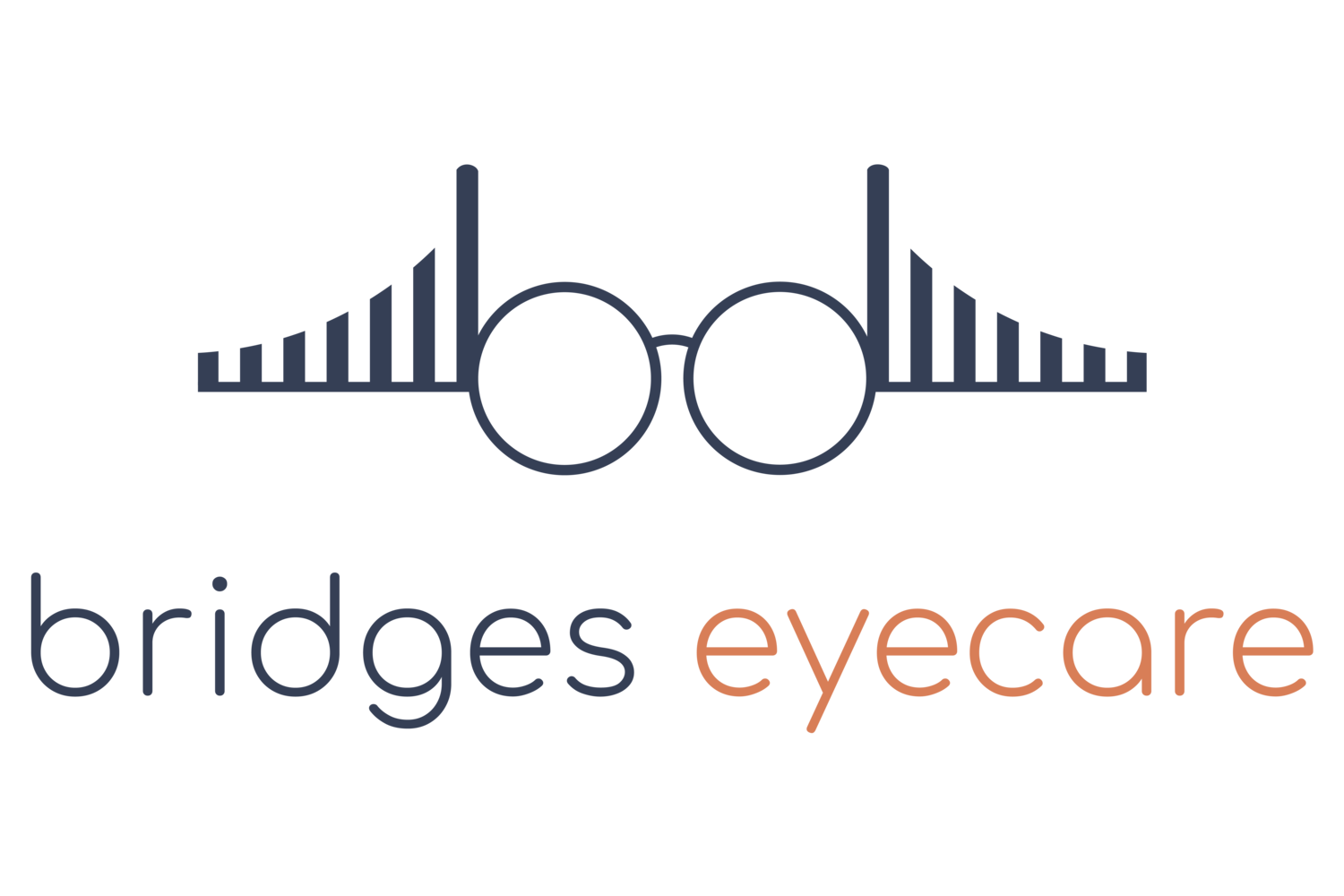Can I get 20/20 vision if I eat carrots everyday?
Patients often ask me what food will help improve their vision. Although there is no known food at this time that will help you ditch your glasses, an unbalanced diet can directly impact your health and facilitate eye problems.
Some of the nutrients that can reduce the risk of eye disease are: Vitamins A, and C, Omega-3 fatty acids, beta-carotene, lutein, copper, zeaxanthin and zinc.
There are even multivitamins available in all pharmacies labeled as AREDS eye vitamins. AREDS is the name of a research project that pointed to the influence of diet in macular degeneration. Since then, researchers have also become more interested in the influence of diet on cataracts, glaucoma, and dry eyes .
Here are some foods that should be part of your regular diet:
Green leafy vegetables- such as kale and spinach are high in lutein, zeaxanthin and vitamin E. These powerful antioxidants aid in protecting the macula, the part of the eye responsible for seeing fine detail. Oxidative damage to that part of the eye could lead to macular degeneration, especially if other risk factors such as smoking and genetic predisposition are present. Kale and Spinach can be eaten straight up as a salad, cooked, or blended into a smoothie!
Citrus fruits- are high in vitamin C, another antioxidant critical to eye health, and overall well being. If you are concerned about sugar intake, bell peppers are also a great source of vitamin C.
Beans- contain zinc, an essential mineral that helps the production of melanin in the eye. Melanin is important to protect against UV damage. The highest source of zinc in the american diet is red meat and poultry, but the food that has the most zinc is oysters! However, the best way to protect your eyes from UV damage is the use of UV-blocking lenses and brimmed hats.
Cold-water fish- are high in omega-3, which help reduce dry eye symptoms by improving the quality of the oils secreted by the lids. Omega-3 may also reduce eye disease later in life. For vegans, flaxseed is a great plant-based option full of omega-3. It can be added to a bowl of fruit or yoghurt, sprinkled on a salad, or mixed into a cookie dough.
Orange-colored fruits and veggies- contain beta-carotene, another powerful anti-oxidative nutrient that helps with night vision. Carrots are full of beta-carotene, and is the most known food source for eye health in popular culture.
Water- is important to the entire body. Lack of water or insufficient daily water intake causes systemic dehydration and can worsen dry eyes. Insufficient water intake along with stress, lack of sleep and caffeine intake can lead to eyelid twitching known in the medical literature as lid myokymia.
Eggs- are high in Vitamin A (also called all-trans-retinol). Vitamin A has been shown to help with night vision. It is a precursor of rhodopsin, the photopigment found in the retina of our eye that helps us to see at night.
As an added bonus, these nutrients not only help with you eyes, but with your heart, your bones, and muscles and your skin! Could you come up with a recipe that includes all of the above mentioned ingredients? We’d love to know!
If the cause of your reduced vision is refractive, meaning that you need glasses to correct it. I am sorry to say that carrots will not reverse your need for glasses or contacts. If you suffer from severe vitamin A deficiency and surfer from vision blur as a result, carrots may in fact improve your vision! Fortunately, severe vitamin A deficiency is unlikely in the US.
Carrots may not give you uncorrected 20/20 vision, but they most certainly are a great line of defense against eye damage from the environment and natural aging.

